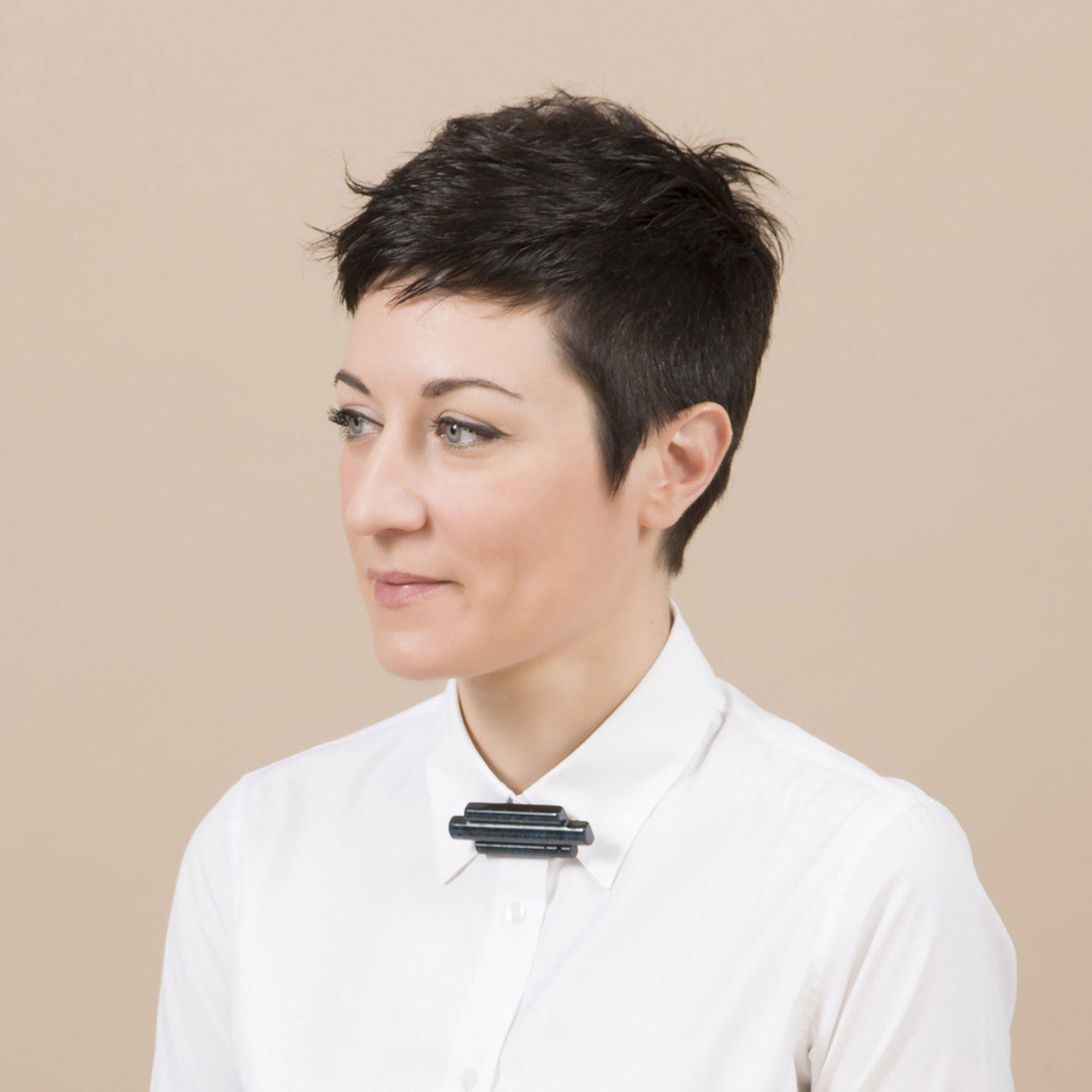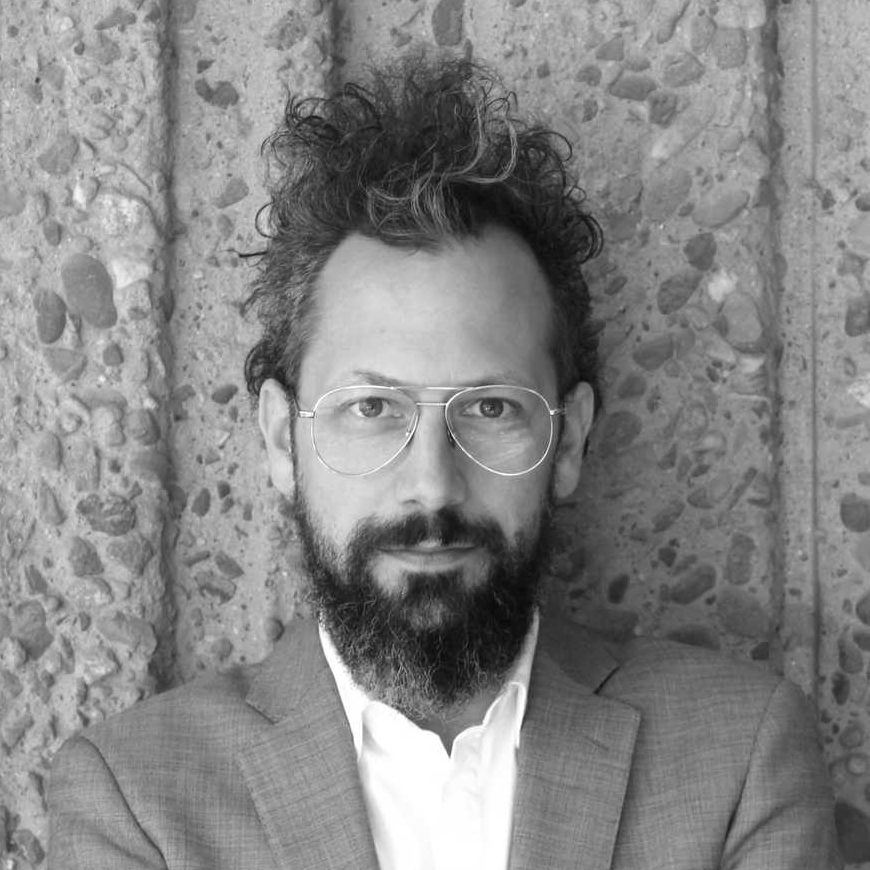Design PhD 2026 Winter School
19-23 January 2026
Urban Normal
“Today, it can be argued that every square inch of the world is urbanized to some degree” (Soja, 2014, 285)
The Winter School
In 1970 the Marxist sociologist and philosopher Henri Lefebvre speculated that all of society would be urbanized, and in the first decades of the twenty-first century planetary urbanization has become our shared if unevenly distributed planetary reality. As urban theorists have argued, we no longer live in relatively contained metropolitan worlds; for this reason, the “city” may no longer be a useful geographical frame (Brenner 2014). The urban has effectively swallowed up its rural outsides, exploiting the hinterlands for its land, resources, and infrastructure, effectively making the division between “town” and “country” anachronistic. What’s more, the proliferating practices of informality in the global periphery (which happens to be where the global majority live) have only further expanded the means by which urbanization designs the variegated textures of contemporary life (Simone 2022)
The point of departure for the 2026 Winter School is how this new conception of urbanization mediates life on earth. If urban reality has dramatically changed, then what needs exploring, and what drives our speculation in this school, is how urban technologies mediate the contemporary. Increasingly, the urban form’s various and complex functionalities (work, housing, entertainment, transportation, waste, and infrastructure management) are mediated through technologies of finance, artificial intelligence and automation, which only serve to expand and intensify the exploitive and extractive functions of the urban. This is true of megacities, mid-size cities, and peri-urban centers; it’s applicable across geographies of North and South, and it takes various forms—platformization, eco-cities, smart and AI urbanism, etc. What’s really at stake is 1) how quickly these urban technologies are becoming the default way we shape the world and 2) how hard it’s becoming to question or rethink this path. This is what we’re calling the Urban Normal.
Brenner, N. (ed.), Implosions/Explosions: Towards a Study of Planetary Urbanization, Editore: Jovis, Anno edizione: 2014
Simone, A.M., The Surrounds: Urban Life Within and Beyond Capture, Editore: Duke University Press, Anno edizione: 2022
Soja, E.W., “Regional urbanization and the end of the metropolis area.” In Brenner N (ed.) Implosions/Explosions: Towards a Study of Planetary Urbanization, Editore: Jovis Verlag: 276-287, Anno edizione: 2014
Methods
Drawing on the full range of design’s experimental and expressive capabilities, participants in the Winter School make speculative design films that challenge the normalization of urban meditation. Looking specifically at Milano, a global hub of design and commerce, as well as a breeding ground for grassroots social and political movements, students are tasked with finding sites of urban normality (spaces of urban life where the logics of capital and/or computing seem to leave little to no alternative) in order to unearth new possibilities for urban mediation—that is, other ways the urban could shape and mediate life. From community-driven urban agriculture to fully automated urban landscapes and half-earth proposals—these and other forms of urban mediation will be examined and layered into Milano’s existing urban fabric. In an era when the existing logics of urbanization unevenly fuel the extraction and exploitation of the earth’s resources, it’s essential for designers to find ways to challenge and redirect the normalization of these patterns of urban mediation.
The Winter School will include lectures, seminar-style discussions, fieldwork, and intensive studio sessions. Participants will finetune their research skills by working across media and disciplinary methods, homing in on how research through design, urbanism, and media systems can redirect the design of urban life. Students will show their films in a final showcase and display their research in a curated catalog.
The Winter School Urban Normal guides doctoral students through the contemporary condition of planetary urbanization, blending critical lectures with intensive design practice. Starting from the idea that “every square inch of the world is urbanized to some degree,” participants explore how urban technologies; finance, platforms, AI, automation, have become default mediators of work, housing, mobility, and everyday life. Focusing on Milano as both global design hub and site of grassroots struggles, students identify and analyse “sites of urban normality” where the logics of capital and computation appear unquestionable. Through collaborative research and speculative design films, they will experiment with alternative forms of urban mediation, cultivating critical thinking, interdisciplinary inquiry, and collective imagination that culminate in a final group video and curated catalog.
The Winter School is structured to merge theoretical insights with situated experimentation over the course of a week. The first days introduce core concepts, planetary urbanization, urban technologies, and the “Urban Normal”, through lectures, readings, and seminar-style discussions that set up key questions and methods. Building on this shared framework, the following days focus on student-centred activities: urban fieldwork in Milano, media and design research, intermediate presentations, and iterative studio sessions dedicated to scripting, shooting, and editing speculative films. Each day’s work builds on the previous one, leading to a final public moment in which groups present their films and exhibit their research as a curated catalog of urban mediations and counter-mediations.
The Winter School offers an in-presence, studio-based experience that treats Milano as a live laboratory for thinking and re-designing urban mediation. Working in small, interdisciplinary groups, students are encouraged to question what is taken for granted in urban life, to surface how infrastructures, platforms, and automated systems shape contemporary experience, and to speculate on other ways of organising urban coexistence. Through setting their own design briefs, conducting field research, and producing a speculative film and accompanying catalog, participants will develop a critical and situated mindset, refine their ability to work across media and methods, and strengthen their written, oral, and visual communication as emerging design researchers.
The School will be held in a condensed format, and it is open to doctoral students from the PhD programmes of Politecnico di Milano in their 1st or 2nd year of doctoral studies .
LOCATION
The Winter School will be attended in person at Politecnico di Milano.
Campus Durando. Building B7 – Workshop Room
Faculty

Chiara Colombi, PhD
Full Professor,
Department of Design,
Politecnico di Milano
Her research interests concern knowledge creation processes, codification of meta-design research praxis and development of merchandising systems in “culture intensive” industries, with a specific focus on the fashion sector.

Manuela Celi, PhD
Associate Professor,
Department of Design,
Politecnico di Milano
Her research interests are concentrating on the relationship between design and futures deepening the methodologies of trends, scenarios, advanced design and design fiction. Actually she’s head of research for Polimi in the FUEL4Design Erasmus+ project that aims at developing knowledge, resources and methods to help young designers designing for complex tomorrows.

Adam Nocek, PhD
Associate Professor,
Philosophy of Technology and Science and Technology Studies,
School of Arts, Media and Engineering at Arizona State University
He is the Founding Director of ASU’s Center for Philosophical Technologies and has published widely on the philosophy of media and science; speculative philosophy; design philosophy, history, and practice; and critical and speculative theories of computational media.
Tutor

Victoria Rodriguez Schon
PhD,
Design Department,
Politecnico di Milano
Programme
The programme is based on Central European Time (CET).
Campus Durando, Building B7 – Workshop Room, Via Durando 10, 20158 – Milano








